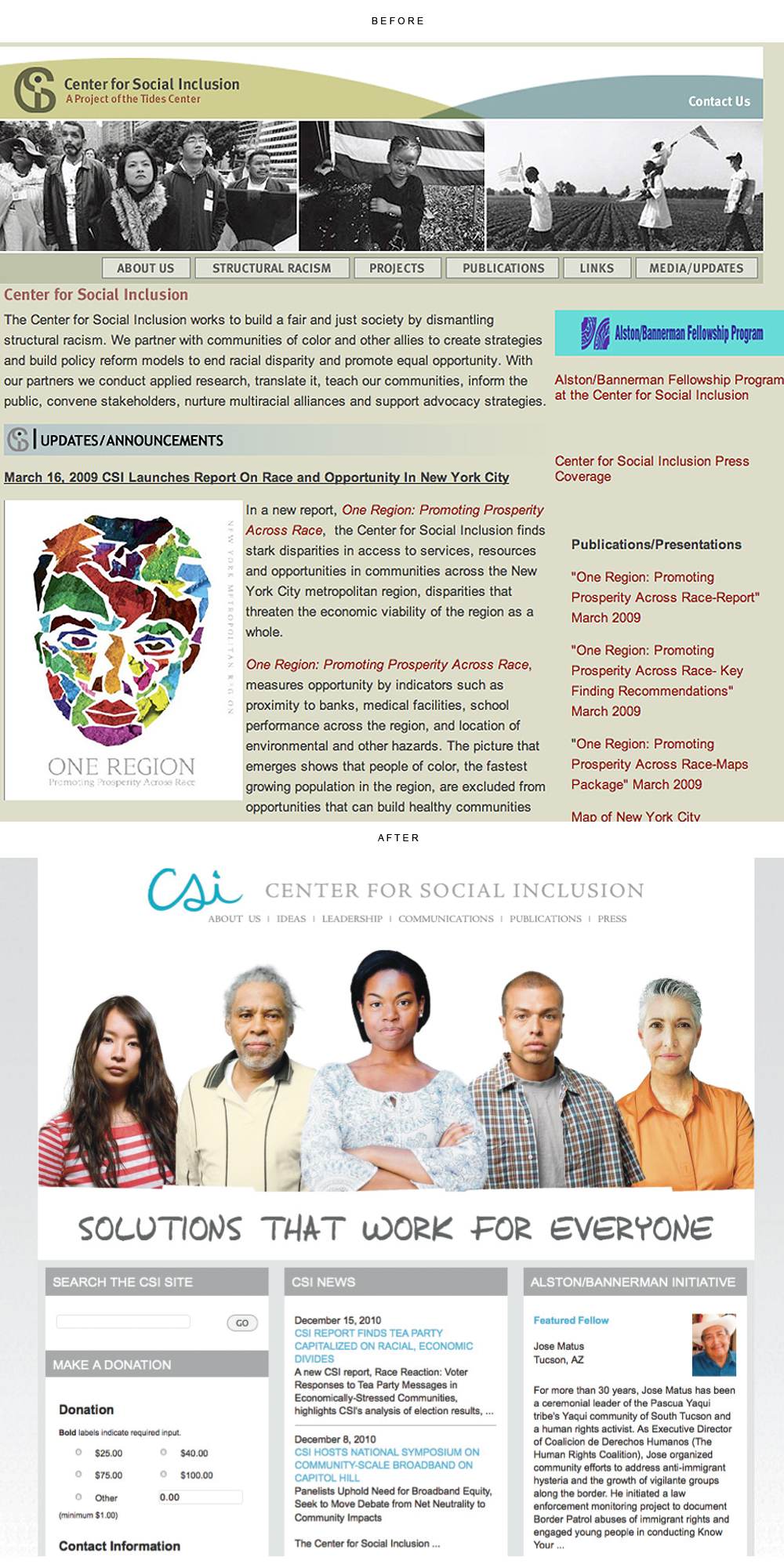Our statement about brand truth—“We prefer truth. It gets you farther faster and holds tremendous power.”—was recently criticized on Twitter for being “grand and presumptuous.” My first reaction to this criticism was humor: “We just like it better than the alternative, and it’s a lot easier to keep track …” This is a paraphrase of Mark Twain and “the alternative” referred to is, of course, lies.
Advertising is seen by some as beautiful lies.
It should not be, and branding, which includes advertising, should really express beautiful truths. Not truth with a capital “T”—not philosophical truth—but the act of keeping people’s focus on what is essential and true about the organization, product, or service.
Brands do lie, and I believe that when they do it is a serious strategic mistake. If, on the other hand, the brand derives from the true lived experience of the brand (brand truth), then the brand will be reinforced and strengthened by every human interaction with it. This is how a brand accrues power and longevity.
A brand needs to tell a true story.
Brands are stories told by businesses or nonprofits about who they are and what they do. Certainly, some of the most compelling stories are fiction, but in branding, I believe, this is dangerous. The story must be compelling, yes, but it also needs to be true. Without the truth, it exposes the brand to a potentially catastrophic loss of credibility in the mind of the brand consumer. This occurs as a kind of betrayal upon the discovery by the brand consumer of the actual truth. Without lots of money, fixing this kind of loss of brand credibility is nearly impossible.
Without the truth, the brand is exposed to a potentially catastrophic loss of credibility in the mind of the brand consumer.
Toyota will absolutely recover from its brand-damaging brake malfunction situation. It will do so because the essential brand truth of its cars IS reliability, and this demonstrates that the news about brake problems are an aberration, not the norm. The company will overcome this setback with relative ease because the daily lived experience of the brand reinforces the truth.
By contrast, look at BP and its brand. This brand made a beautiful and compelling story, effectively creating the illusion in the minds of consumers that BP was a green energy company intent on helping the world move “beyond petroleum.” This well-constructed brand fiction collapsed, of course, when the real company behind the brand was exposed during the Gulf of Mexico oil spill disaster.
For any organization, large or small, BP and Toyota should serve as clear object lessons in why it is better to hew as close as possible to the truth.
A brand is not something that you hide behind or something that you can use to divert attention from essential matters you would rather the public not see. It should be the most compelling story possible about the truth of what a business or organization is or does, or in some cases, genuinely wants to be—provided the organization is actively working toward that reality.
A brand should be the most compelling story possible about the truth of what a business or organization is or does.
Some might argue that America was built on artful hucksterism—the idea that caramel-colored, heavily sugared, carbonated water can really make you happy, that tobacco in paper cylinders laced with extra nicotine does make you cool, that your choice of deodorant can actually get you girls … Certainly advertising agencies are often “aiders and abettors” when it comes to massaging and manipulating the truth to make a compelling story that will effectively sell products.
I would argue that America has another essential character trait that is born not from pure salesmanship, but from aspirational words like “We hold these truths to be self-evident,” and that all companies and nonprofits should find in themselves their own true, best selves, and express this in their brand, and in doing so they will actually be able to become those better selves.
This is not to recommend what BP did, where the vision was never carried out, and thus a sham, but rather as our client, the Center for Social Inclusion, did when it emerged from its rebranding process. It emerged as both the organization it always was, and as the organization it aspired to be. See the before and after below:
When we stake out our own brand position saying, “We prefer truth.” it means we are working with our clients to uncover the most essential truths of their brands, and that we are intent on finding ways to communicate these brand truths as eloquently and effectively as possible. We are not manufacturing a brand message based on studies of what the market will believe, but what they will recognize as true to their experience.
We are carving from the rough-hewn surface of a company or nonprofit to expose the beautiful brand truth that is there unexpressed, waiting to be revealed, waiting to have its story well told.
Do you need an affordable way to improve your brand today?
Because we know that not everyone needs or can afford our full process, we created a guided tutorial package for our foundational brand strategy tool: the Brand Pyramid. Watch the video for a preview.
For more information on the brand strategy tutorial, visit here where you will find a fuller explanation and link to a free download of the first video.




Ask for help.
We are kind, thorough and ready when you are. You just need to ask.